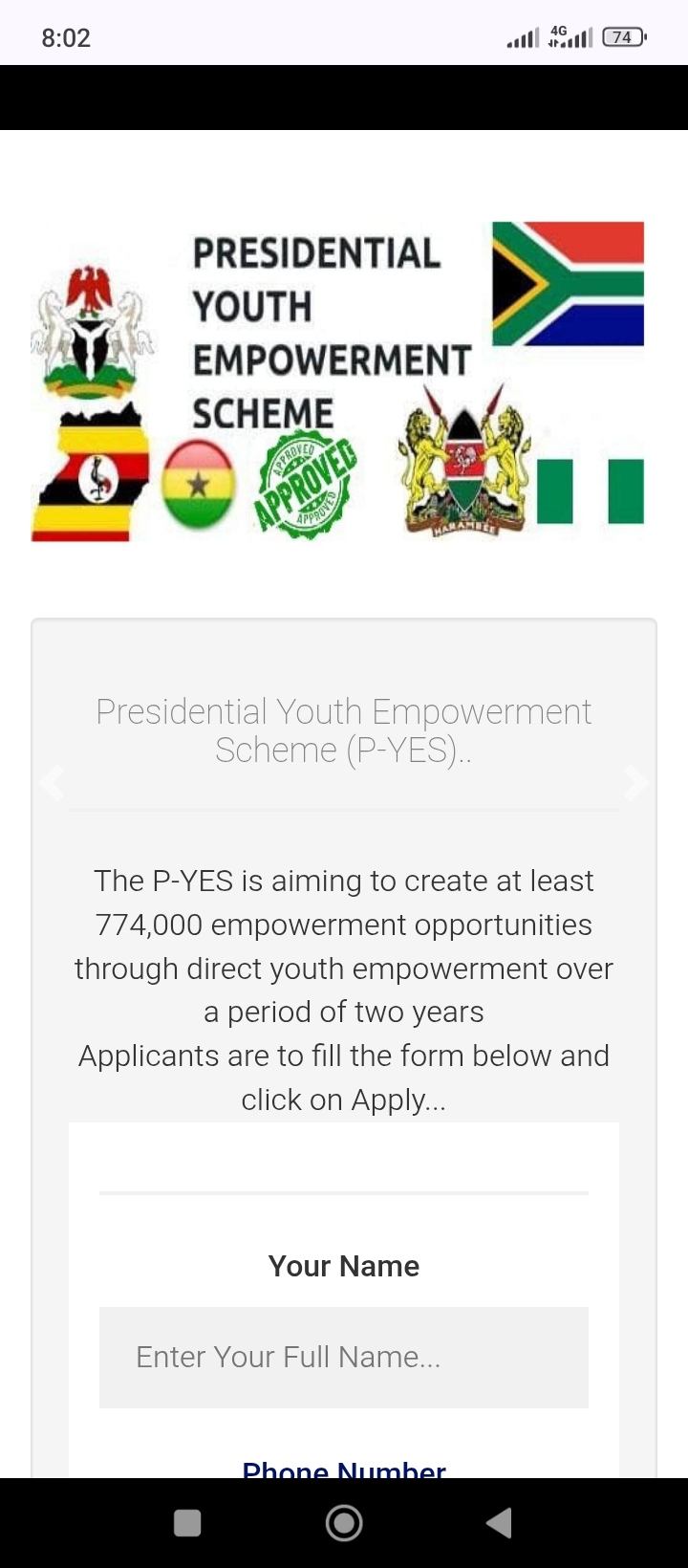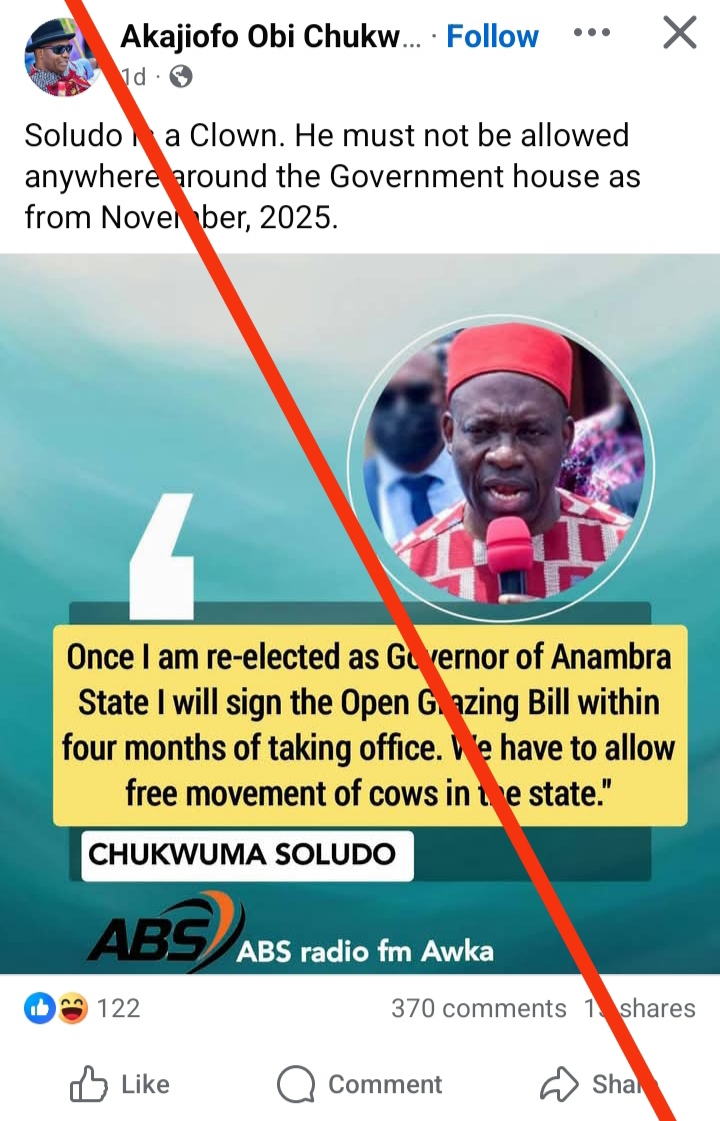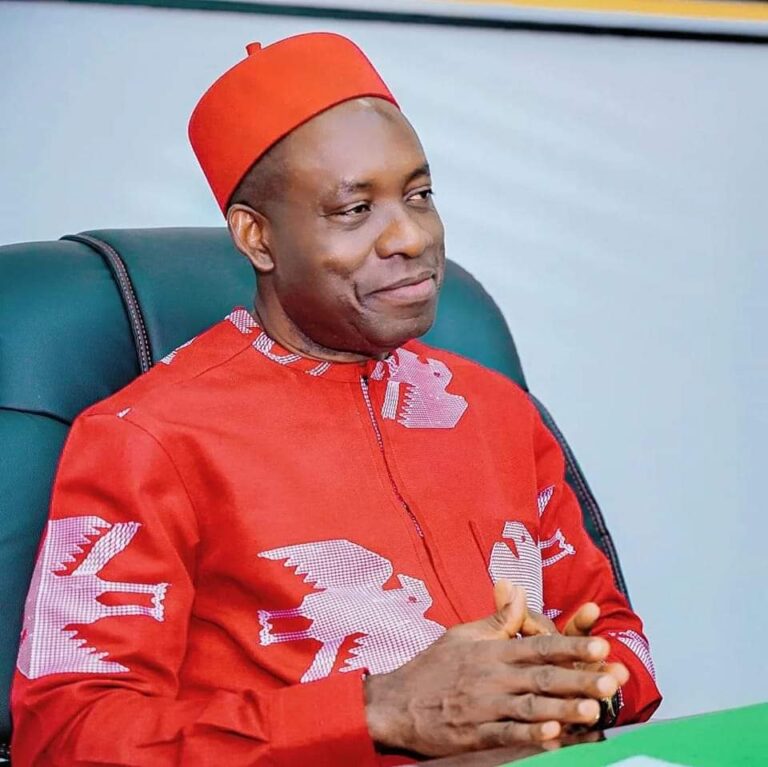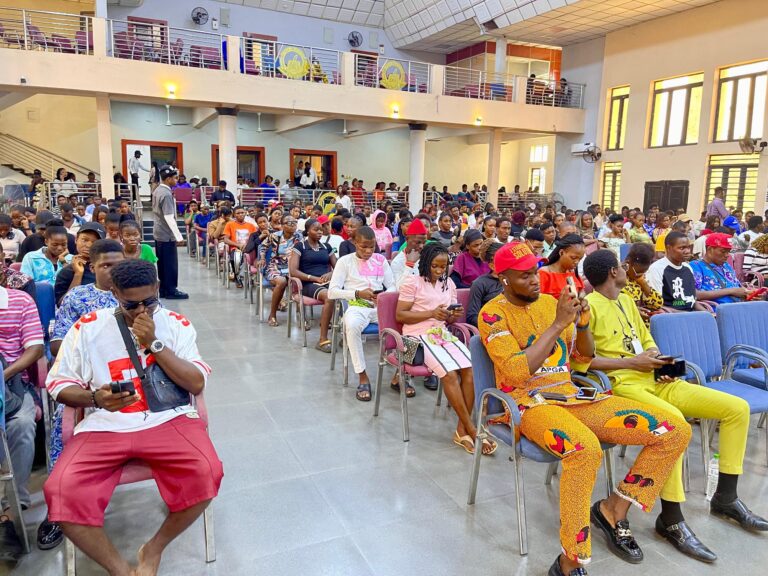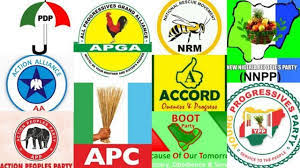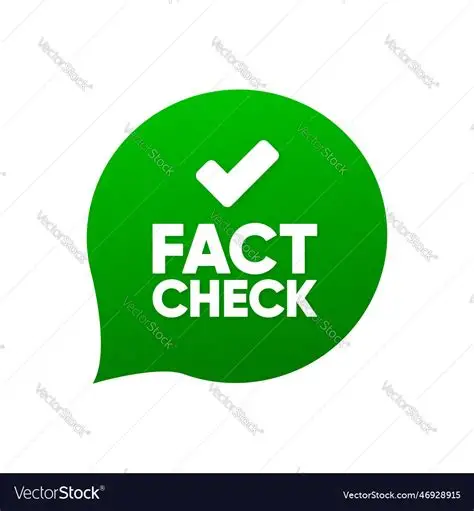
The Rise of Misinformation: How to Spot Fake News in Nigeria
In today’s digital age, misinformation spreads faster than the truth. With social media platforms teeming with news articles and posts, it has become increasingly challenging for readers to distinguish fact from fiction. In Nigeria, where political and social landscapes are constantly evolving, being equipped to identify and combat fake news is more important than ever.
Understanding Misinformation
Misinformation refers to false or misleading information spread regardless of intent. This can range from harmless rumors to harmful conspiracies that affect public perception and decision-making. In Nigeria, fake news often targets:
- Political candidates during elections
- Health-related issues, such as disease outbreaks
- Social movements and protests
Common Characteristics of Fake News
To protect yourself from falling prey to misinformation, it’s essential to recognize its traits. Here are some common characteristics:
- Emotion-Driven Headlines: Fake news often features sensational headlines designed to provoke strong emotional reactions.
- Lack of Sources: Genuine news articles provide credible sources and verifiable facts; fake news often does not.
- Inconsistent Information: Check for discrepancies in details or statistics. Fake news often changes or remains vague.
- Overly Simplistic or Complicated Language: Misinformation may oversimplify complex issues or use jargon that is difficult to comprehend.
How to Spot Fake News
Here are some effective tips to help you identify misinformation:
1. Verify the Source
Before trusting any information, consider the source. Reliable news sites conduct rigorous fact-checking and adhere to journalistic standards. If you are unsure about a source, check its reputation online.
2. Cross-Check Information
Always look for multiple sources reporting the same story. If you find that only one outlet is covering a significant event, it might be an indication of false reporting.
3. Analyze the Author’s Credentials
Look into who wrote the article. Reputable journalists and bloggers often have backgrounds and credentials in their field, while misinformation can come from anonymous users or unverified profiles.
4. Fact-Checking Websites
Utilize established fact-checking organizations, such as:
- FactCheck.org
- Snopes
- PolitiFact
- FactCheck Nigeria (for Nigeria-specific issues)
5. Think Critically
Don’t take information at face value. Ask yourself questions such as:
- What evidence is being presented?
- Does this align with other knowledge I have?
- What could be the motive behind this information?
Conclusion
In a world where misinformation is rampant, it’s crucial for individuals to develop critical thinking skills and an awareness of how to identify fake news. By understanding the signs, utilizing reliable sources, and constantly questioning the information presented to them, readers can empower themselves and contribute to a more informed public discourse in Nigeria. With the tools and strategies discussed, we can work together to combat misinformation and foster transparency and accountability in society.


